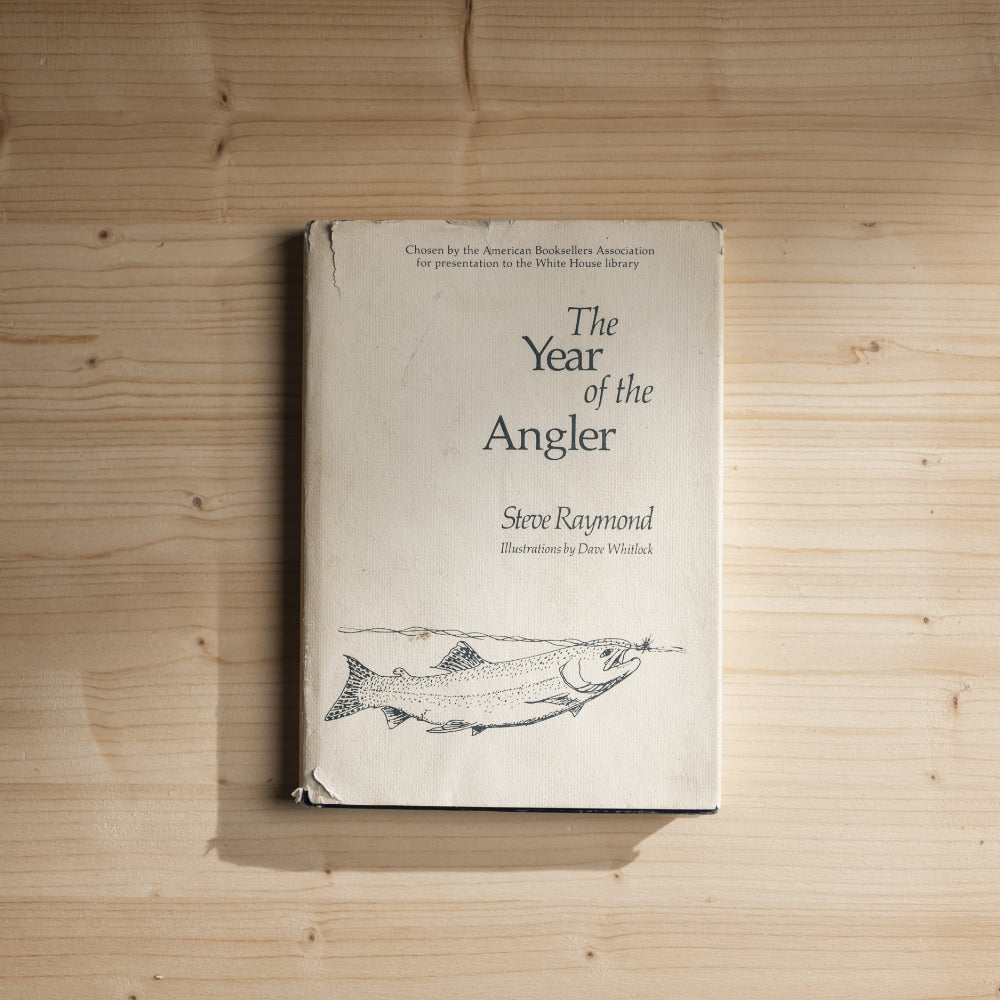"Walking in the Woods" by Yoshifumi Miyazaki is a contemplative journey that blends the personal with the scientific, offering readers an immersive exploration into the healing power of nature. Miyazaki, a renowned Japanese researcher and forest therapy expert, uses his personal experiences and scientific studies to illuminate the profound effects that walking in the woods has on human health and well-being. The book serves as both a guide and a meditation on the practice of shinrin-yoku, or forest bathing, a concept that has its roots in Japanese culture but holds universal relevance in our increasingly urbanized world.

Miyazaki's narrative is a seamless blend of anecdotal evidence, personal reflections, and empirical research, making the case for the forest as a source of peace and healing. He delves into the physiological and psychological benefits of spending time among trees, such as reduced stress levels, improved mood, enhanced focus, and a stronger immune system. The author's writing is both informative and deeply poetic, inviting readers to experience the tranquility and beauty of the natural world through his eyes.
The structure of "Walking in the Woods" allows readers to journey with Miyazaki as he explores various forests across Japan and beyond, each with its unique ecosystem and ambiance. Through his vivid descriptions, one can almost hear the rustle of leaves, feel the soft moss underfoot, and inhale the fresh, earthy scent of the forest. Miyazaki's passion for the outdoors and his belief in the restorative power of nature are palpable on every page, making the book not just a read but an experience.
A significant portion of the book is dedicated to explaining the science behind the sensory experiences of forest bathing, from the beneficial compounds released by trees to the impact of nature sounds on the human brain. Miyazaki presents this information in an accessible manner, ensuring that readers without a scientific background can grasp the concepts and appreciate the intricate ways in which nature interacts with our bodies and minds.
"Walking in the Woods" also addresses the modern challenges of disconnection from nature, offering practical advice on incorporating forest bathing into daily life, regardless of one's proximity to woodland areas. Miyazaki's approach is holistic, acknowledging the limitations of urban living while providing solutions that honor the spirit of shinrin-yoku.
This book is highly recommended for anyone seeking to deepen their connection with the natural world or understand the science behind nature's healing effects. Whether you are a seasoned nature enthusiast or someone who has never considered the benefits of a walk in the woods, Yoshifumi Miyazaki's insights and the lush landscapes he describes will inspire you to step outside and embrace the healing embrace of the forest. "Walking in the Woods" is not just a testament to the beauty and mystery of nature; it is a guide to living a healthier, more balanced life in harmony with the world around us.











